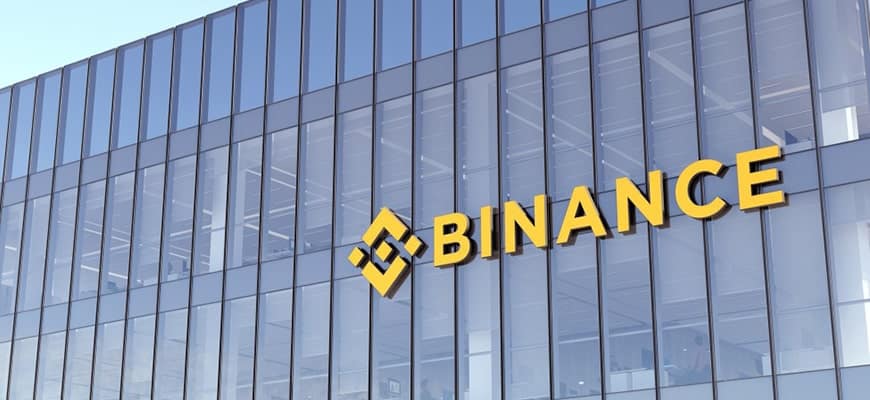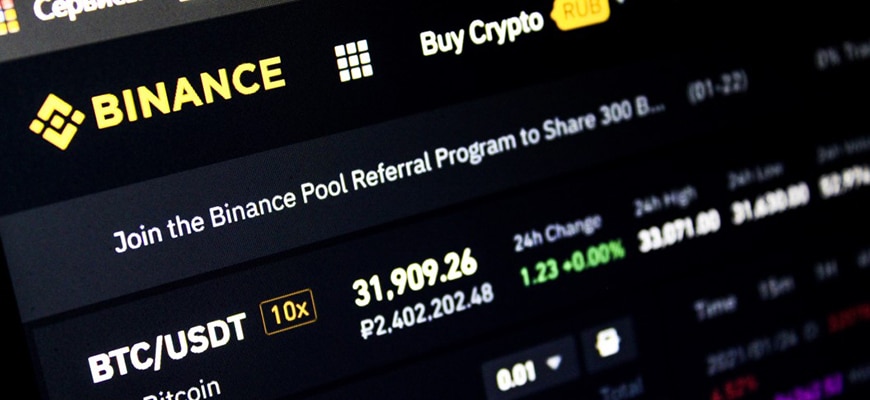Central Bank is the bank that is responsible for formulating and communicating monetary policy and for regulating member banks.
What is central bank?
A central bank is a financial institution that has privileged control over the creation and distribution of money and credit for a country or an economic union of countries.In modern economies, a central bank is responsible for formulating and transmitting monetary policy, as well as regulating member banks. Thus, the central bank is responsible for supervising and managing a country’s monetary system and policies, including by regulating the money supply and setting interest rates.
The purpose of raising or lowering interest rates may be to stimulate or balance growth, industrial activity, and consumer spending. All decisions are made in accordance with the specific goals of the national economy.
Central banks regulate member banks through measures such as setting capital and reserve requirements, or necessary policies such as deposit guarantees.








